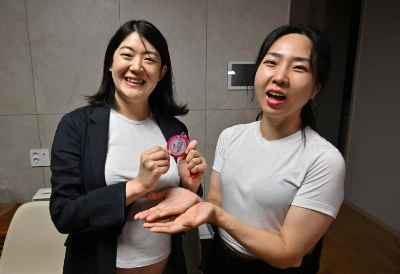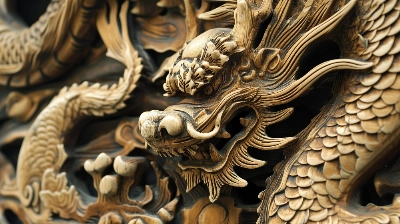After years of internal debate, Japan is now stepping up its defense capabilities.
But funding for the new outlays is less certain — and that has put focus on the redemption period of Japanese government bonds (JGBs).
In December, Prime Minister Fumio Kishida announced a drastic revision of the country’s defense strategy, pledging to increase related spending by 50% to around ¥43 trillion ($331.6 billion) by the fiscal year beginning April 2027. The move will see Japan build counterstrike capabilities allowing the targeting of enemy bases and substantially bolster the domestic defense industry.


















With your current subscription plan you can comment on stories. However, before writing your first comment, please create a display name in the Profile section of your subscriber account page.